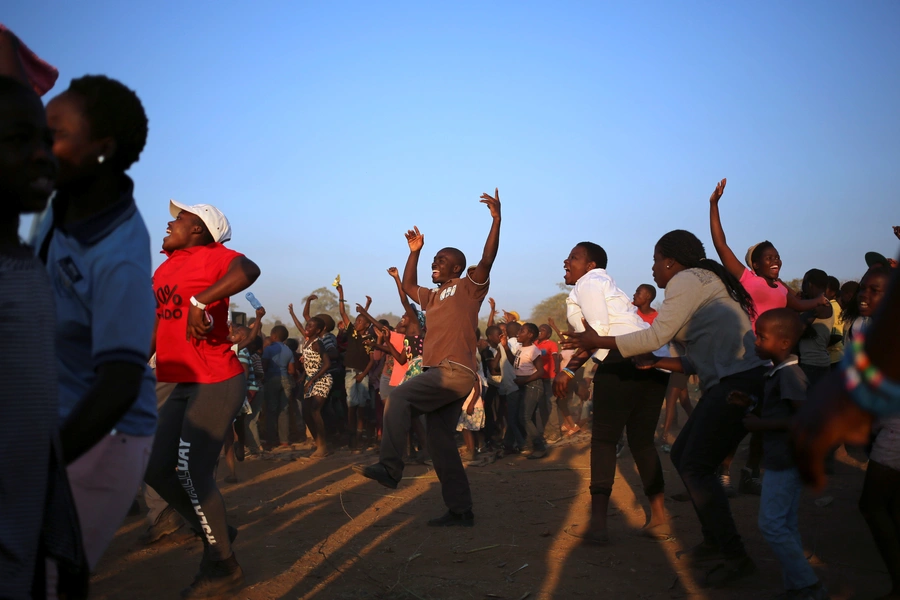South African Youth Fed Up With Formal Politics

As in the United States and many other countries, the rate of participation of those aged fifteen to twenty-five in South African politics is disappointing. Some observers had breathlessly anticipated that the “born-frees,” those born after the end of apartheid in 1994, would somehow improve political life in South Africa. The country’s fascination with the “born-frees” resembles America’s fascination with “millennials.” Like “millennials,” a high percentage of “born-fees” do not vote or otherwise participate in conventional politics. A research project, with funding from the University of Johannesburg and Rhodes University, asked young people what they think about politics. The study relied on focus groups and used participants from various geographical and class backgrounds. The full study should be published soon.
The research results should come as no surprise to Americans. South African young people distrust formal politics. They engage politically outside of political parties, particularly through social media, but rarely vote, believing it makes no difference. They also tend to be more engaged at the local rather than national level, especially over issues that directly affect them, such as school and university fees.
More on:
The study provides insights into how at least some South African youth perceive the major political parties. From their perspective, the governing African National Congress (ANC) does not keep its promises, while the Democratic Party (DA), the official opposition, is for privileged white people. Julius Malema’s Economic Freedom Fighters, a noisy party advocating radical redistribution from the rich (mostly white) to the poor (mostly black), is corrupt.
It is true that the ANC under the leadership of Jacob Zuma is increasingly detached from its natural constituency and is associated with corruption. Nevertheless, it has the opportunity to transform itself, starting with the party leadership election in December. The DA is, indeed, the party of racial minorities, but it is seeking to build a constituency among black voters, starting with its election of a black party leader in 2015, Mmusi Maimane. Julius Malema is notorious (or celebrated) for his over-the-top life style, yet he and his party continue to be the voice of the dispossessed in townships throughout the country.
South Africa does have the ability to rejuvenate its formal politics, but the attitudes among its young people appear deep-seated and unlikely to change in the near future, according to the study. Formal political parties must build trust with the already politically energized youth; until then, voters in South Africa, as in other democracies, are likely to continue to be disproportionately middle-aged or elderly.
More on:
 Online Store
Online Store